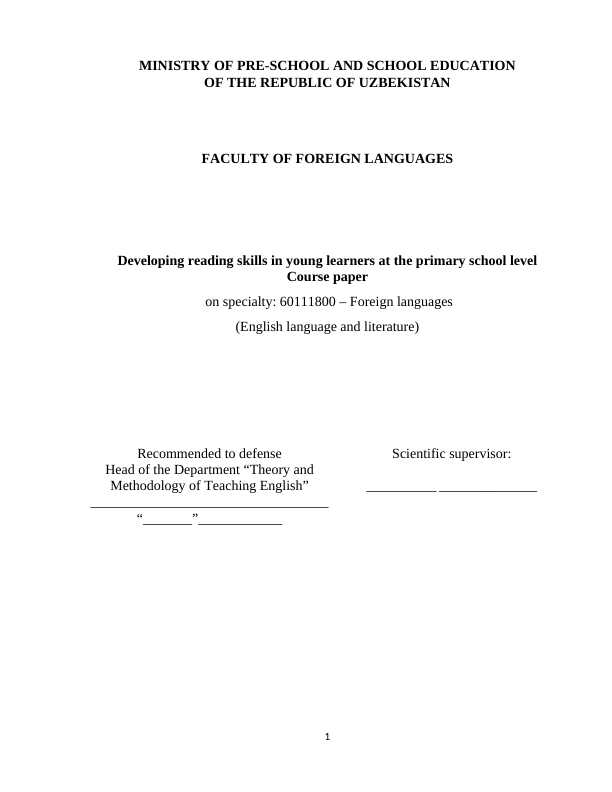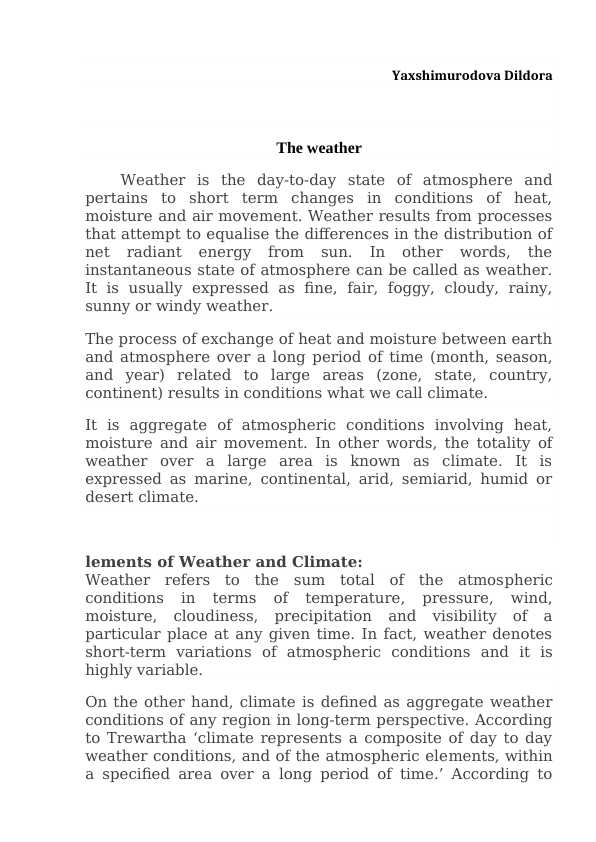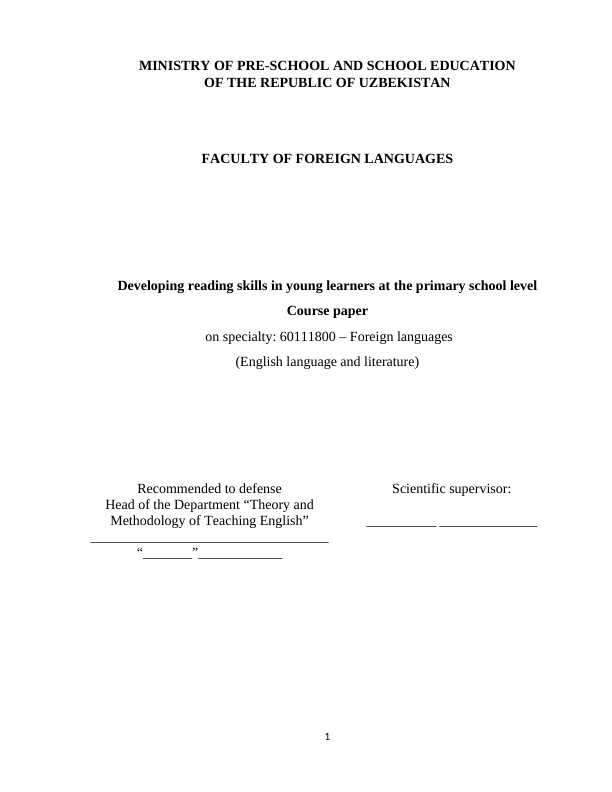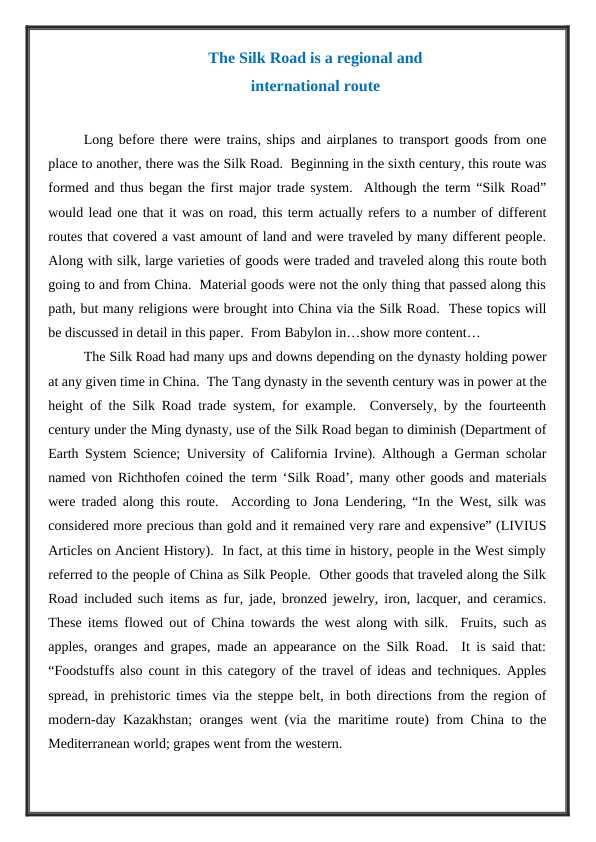THE DEPARTMENT OF ENGLISH LANGUAGE AND LITERATURE
Diplom ishlari | Ingliz tili
10 000 so'm
- Betlar soni: 29 ta
- Fayl hajmi : 49.75 KB
- Fayl turi: .docx
Mahsulot tavsifi
In September 1798, one day after their poem collection Lyrical Ballads was published, the poets Samuel Taylor Coleridge and William Wordsworth sailed from Yarmouth, on the Norfolk coast, to Hamburg in the far north of the German states. Coleridge had spent the previous few months preparing for what he called ‘my German expedition’. The realisation of the scheme, he explained to a friend, was of the highest importance to ‘my intellectual utility; and of course to my moral happiness’. He wanted to master the German language and meet the thinkers and writers who lived in Jena, a small university town, southwest of Berlin. On Thomas Poole’s advice, his motto had been: ‘Speak nothing but German. Live with Germans. Read in German. Think in German.’ After a few days in Hamburg, Coleridge realised he didn’t have enough money to travel the 300 miles south to Jena and Weimar, and instead he spent almost five months in nearby Ratzeburg, then studied for several months in Göttingen. He soon spoke German. Though he deemed his pronunciation ‘hideous’, his knowledge of the language was so good that he would later translate Friedrich Schiller’s drama Wallenstein (1800) and Goethe’s Faust (1808). Those 10 months in Germany marked a turning point in Coleridge’s life. He had left England as a poet but returned with the mind of a philosopher – and a trunk full of philosophical books. ‘No man was ever yet a great poet,’ Coleridge later wrote, ‘without being at the same time a profound philosopher.’ Though Coleridge never made it to Jena, the ideas that came out of this small town were vitally important for his thinking – from Johann Gottlieb Fichte’s philosophy of the self to Friedrich Schelling’s ideas on the unity of mind and nature. ‘There is no doubt,’ one of his friends later said, ‘that Coleridge’s mind is much more German than English.
Termiz Kseroks
🔍
Izlaganingizni topa olmadingizmi?













 YouTube
YouTube Telegram
Telegram Instagram
Instagram LinkedIn
LinkedIn